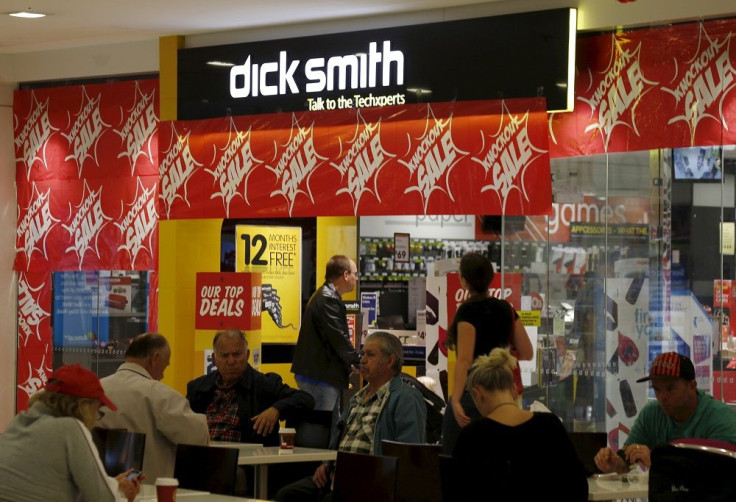Collapse of Dick Smith renders its gift cards, shares worthless

The collapse of another Australian retailer comes at a time when consumer confidence is low. Dick Smith entering into administration means its gift cards and shares are worthless now.
Since Dick Smith is one of the country’s iconic retailers, its collapse is very significant, says Joe Hayes, administrator of McGrathNicol, because of the speed and scale which happened just several years after the electronic retailer publicly listed on ASX. He also points to its timing, happening right after Christmas, the biggest shopping season, reports Gizmodo.
McGrathNicol, the administrator of Dick Smith, released this week its Report to Creditors wherein it listed the reasons for the failure of the retailer, outcome of the receivership, chances of financial returns to creditors, nature of claims which could be pursued and a recommendation for Dick Smith to be wound up and the appointment of liquidators.
Hayes explains that the administrators could not sell the business, following its 2015 losses, resulting in difficulty in getting support from suppliers, problems with inventory mix in stores and the low-margin, competitive environment. Potential buyers failed to see any value in its network.
But Hayes assures Dick Smith’s over 3,300 employees they would be fully paid of their entitlements. Most of them have been paid by the receivers, Ferrier Hodgson, although there is an outstanding amount of $2.1 million related to historical underpayment issues which Hayes says would be settled within the calendar year.
One issue identified in the report is Dick Smith’s over reliance on rebates which happened when the retailer noticed sales going down. It led to purchasing decisions made based on which products would earn the company the largest rebate, reports Australian Financial Review.
Unfortunately, some of those items were not a hit with buyers which slowed inventory turnover rates. To solve the situation, Dick Smith heavily discounted those products to sell the rebated stock which destroyed the margin boost the product was supposed to deliver. In some cases, stocks were not sold at all and became obsolete. In late 2015, Dick Smith had to make a big writedown on a lot of heavily rebated stock.
The result was earnings before interest, tax, depreciation and amortisation in 2014-15 of $72 million, while take out O&A rebates reached $93 million. Including other rebated and advertising subsidies, Dick Smith ended up with an adjusted EBITDA loss of $119 million.
VIDEO: Dick Smith fears turn true





















